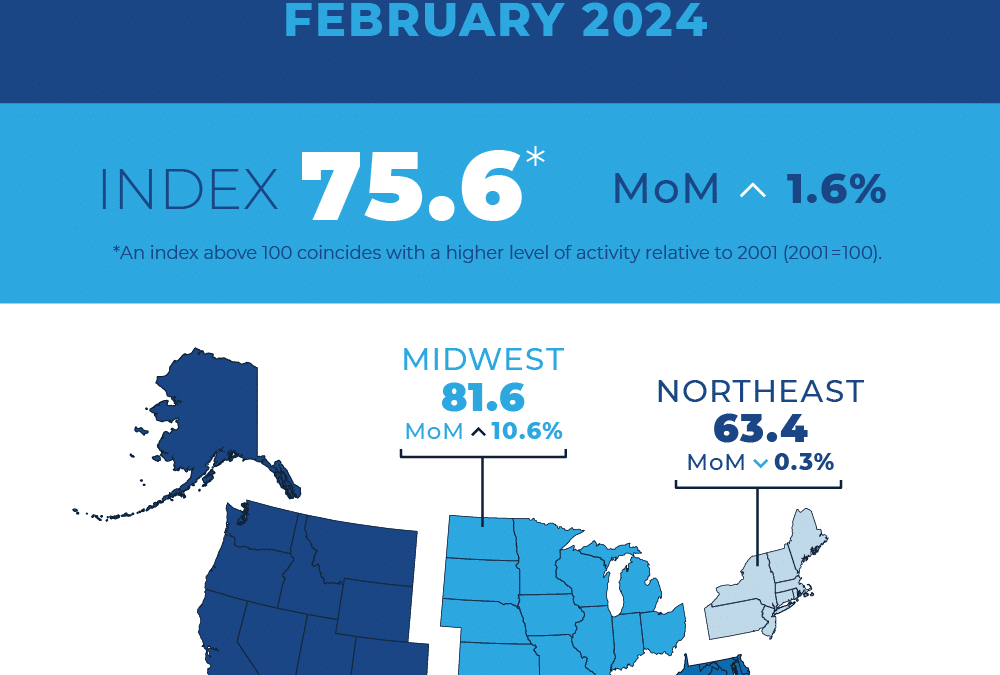
Strategies to Maximize Your Home’s Selling Price
Strategies to Maximize Your Home’s Selling Price

Even in a seller’s market as competitive as Orlando’s Four Corners area, where inventory is low and bidding wars are common, there are key steps you can take to ensure your home sells for top dollar. Partnering with a skilled real estate agent who knows the local market inside and out is paramount. According to data from the National Association of Realtors, homes sold with the assistance of a Realtor typically command higher prices, emphasizing the importance of finding the right agent for you.
Here are ten invaluable tips, endorsed by Realtors, to set your home apart from the competition and maximize its selling price:
1) Engage a Local Real Estate Expert: A knowledgeable local agent can expedite your sale and increase your profit margin. Interview multiple agents to find the best fit for your needs and objectives.
2) Invest in High-Value Improvements: Prioritize home improvements that offer the highest return on investment, such as minor kitchen and bathroom updates. These areas are often focal points for buyers and can significantly boost your home’s appeal.
3) Enhance Curb Appeal: First impressions matter. Ensure your home’s exterior is inviting by tidying up landscaping, applying fresh paint, and adding welcoming touches like potted plants or stylish mailbox.
4) Consider a Pre-Listing Inspection: Identifying and addressing potential issues upfront can prevent surprises during negotiations and instill confidence in prospective buyers.
5) Showcase with Professional Photography: High-quality photos can make your listing stand out online and attract more potential buyers. Leave some aspects to the imagination to spark curiosity and encourage in-person viewings.
6) Stage for Success: Less is more when it comes to staging. Decluttering and depersonalizing your space can help buyers envision themselves living in your home. Consider professional staging for optimal presentation.
7) Price Strategically: Trust your agent to set a competitive yet attractive price that generates interest without deterring potential buyers. Click HERE to find how much your home is worth
8) Minimize Personalization: Remove personal items to allow buyers to envision the space as their own. This helps create a neutral canvas that appeals to a wider audience.
9) Be Prepared to Act Quickly: Once your home is listed, be ready to respond promptly to inquiries and offers. Organize necessary documents and information to streamline the process.
10) Maintain Objectivity: Selling your home can be emotional, but it’s essential to approach negotiations with a clear head. Assess buyer requests objectively and consider the bigger picture to secure a successful sale.
Ready to embark on your home-selling journey in Orlando’s Four Corners area? Trust RE/MAX Heritage to guide you through every step of the process with expertise and dedication. Contact us today to learn more about how we can help you achieve your real estate goals. Click HERE to find out your home value
Ready to make a Move?
Bardell Real Estate are the experts in helping you with your selling, buying or renting needs near Orlando, Florida. Make your Disney area experience a forever memorable one. Call us now to speak to a real estate agent.
[formlift id=”36911″]






